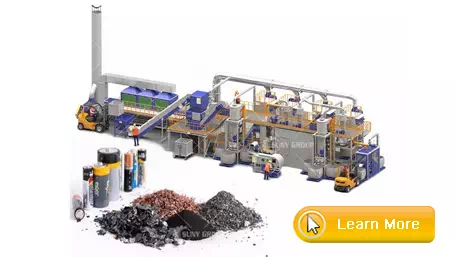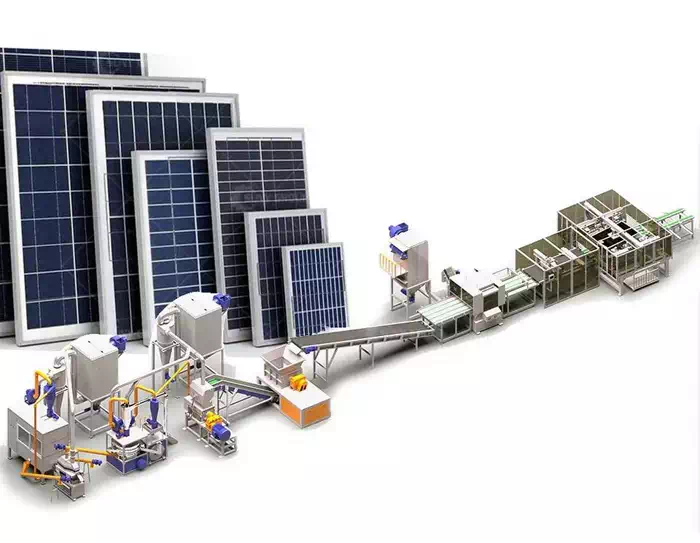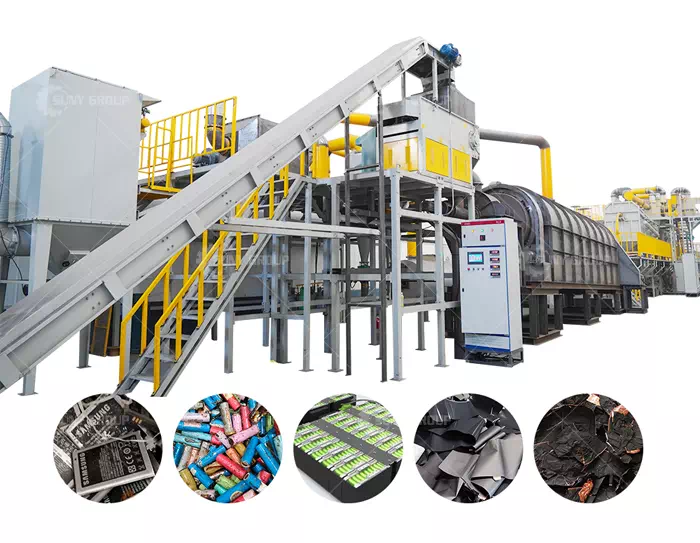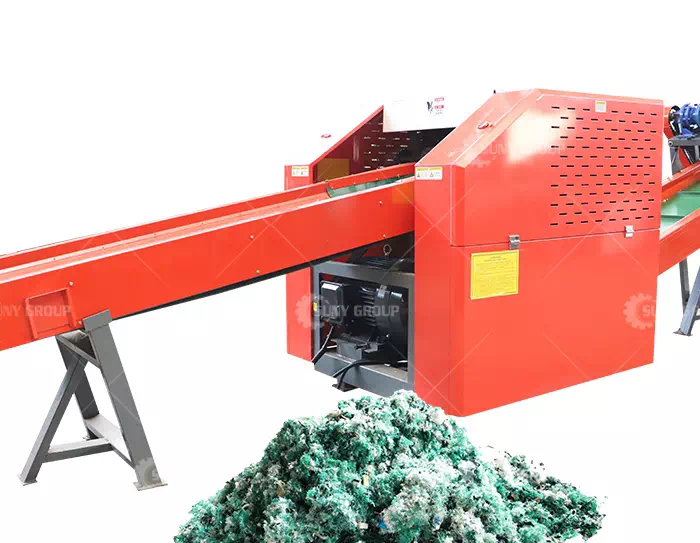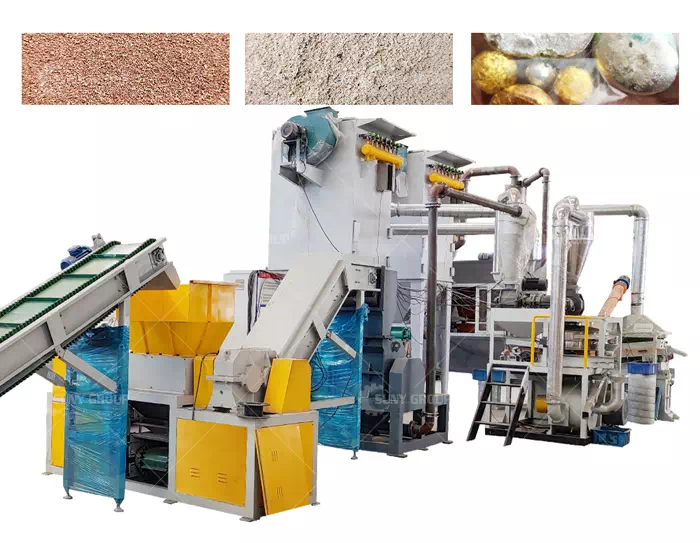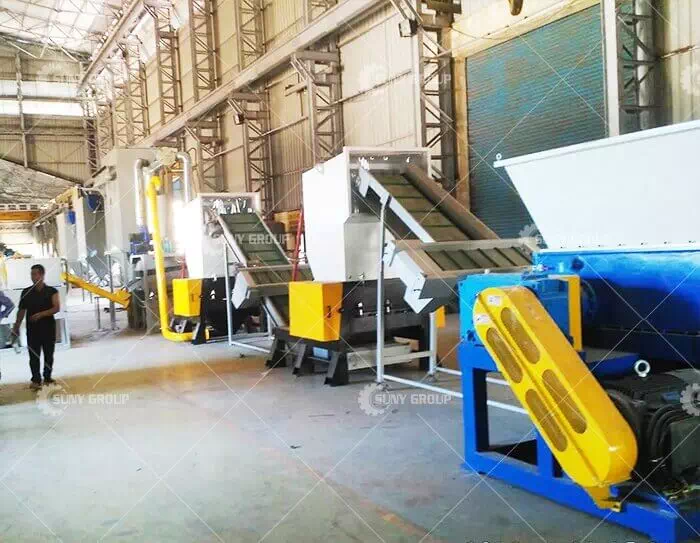How does the lithium-ion battery recycling business work?
With the popularity of electric vehicles, wearable devices, and portable electronics, lithium-ion batteries are widely used as a high-performance battery technology. However, with the large-scale production and use of lithium-ion batteries, the recycling of used lithium-ion batteries has become particularly important. The development of recycling business not only helps to reduce resource waste and environmental pollution, but also recycles and reuses valuable materials in lithium-ion batteries. This article will introduce the process and related strategies of starting a lithium-ion battery recycling business.
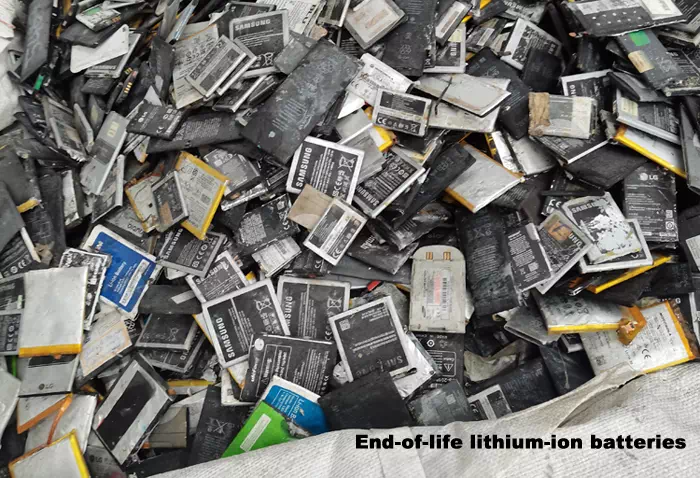
1. Establishment of a recycling network To carry out lithium-ion battery recycling business, it is first necessary to establish a complete recycling network. This network can include recycling sites, recycling bins, recycling vehicles and recycling centers. Recycling sites can be set up near densely populated areas, commercial areas and electronic product sales channels to facilitate users to put waste lithium-ion batteries. Recycling bins can be set up in public places, enterprises, institutions and residential quarters to provide convenient delivery channels. Recycling vehicles are responsible for regularly collecting used batteries in recycling bins and sending them to recycling centers for processing and sorting.
2. Propaganda and education Carrying out lithium-ion battery recycling business requires extensive publicity and education to improve the public's awareness of environmental protection and participation in recycling. The importance and methods of lithium-ion battery recycling can be educated to the public through channels such as the media, online platforms, social media, and brochures. At the same time, we can cooperate with schools, communities, enterprises and institutions to carry out environmental protection theme lectures and waste battery recycling activities to improve public awareness and support for lithium-ion battery recycling.
3. Recycling process and technology In the lithium-ion battery recycling business, it is crucial to ensure that the recycling process and technology are scientific and reasonable. The recycling process usually includes the following steps:
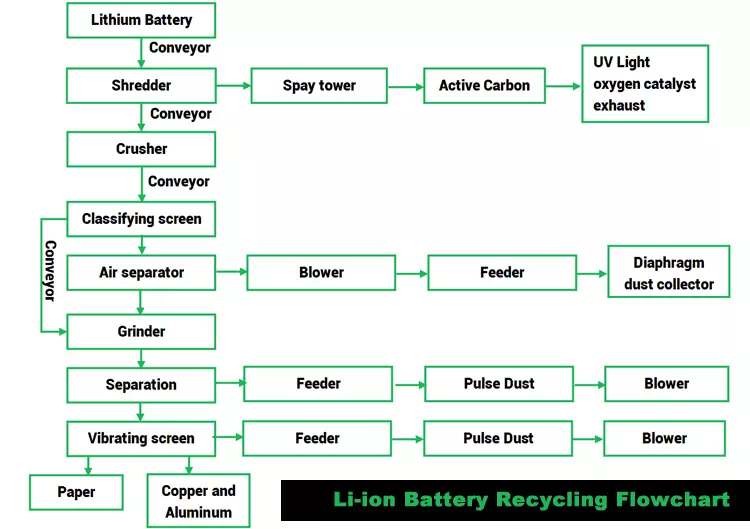
Collection and Storage: Recycling vehicles regularly collect used batteries in recycling bins and transport them to recycling centers. During transportation, safety measures should be taken to prevent battery damage and leakage.
Sorting and testing: In the recycling center, waste batteries need to be sorted and tested, and classified according to different types of batteries. In addition, visual inspection, electrical performance testing, and safety assessment of the battery are required to determine whether it can be further processed.
Disposal and Recycling: Waste batteries eligible for disposal can be disposed of and recycled. During the treatment process, physical methods (such as crushing, magnetic separation, and screening) and chemical methods (such as leaching and reduction) can be used to decompose the battery and recover valuable materials such as lithium, cobalt, and nickel. At the same time, it is also necessary to properly dispose of harmful substances in waste batteries, such as organic solvents and heavy metals.
4. Compliance and supervision The lithium-ion battery recycling business needs to strictly abide by relevant regulations and standards to ensure the safety and environmental protection of the recycling process. Relevant government departments can formulate and implement regulations and policies on battery recycling, and license and supervise recycling companies. At the same time, recycling companies should also formulate and implement strict operating procedures and safety standards to ensure safety and environmental protection during the recycling process.
5. Reuse of resources and circular economy The materials in lithium-ion batteries can be recycled and reused to promote the recycling and saving of resources. Recovered valuable materials such as lithium, cobalt, and nickel can be used to produce new lithium-ion batteries, reducing dependence on virgin mineral resources. In addition, the lithium-ion battery recycling business can also contribute to the development of a circular economy, creating jobs and economic benefits.
The development of lithium-ion battery recycling business is of great significance to realize the recycling of resources, protect the environment and promote sustainable development. Establishing a complete recycling network, strengthening publicity and education, scientific and reasonable recycling processes and technologies, strict compliance supervision, and the promotion of resource reuse and circular economy are all key elements for developing lithium-ion battery recycling business. Through joint efforts, an efficient, safe and sustainable lithium-ion battery recycling system can be established to contribute to society and the environment. As a professional lithium-ion battery recycling solution provider, SUNY GROUP has provided lithium battery recycling solutions and corresponding machinery and equipment for many enterprises. At present, customers have spread all over the world. If you are interested in lithium battery recycling, please feel free to contact us consult.
Recommend products
CONTACT US:
If you have any requirement or suggestion, please fill in the form and send to us, thanks!E-mail:sunymachine@gmail.com | Whatsapp:+8613674945231


